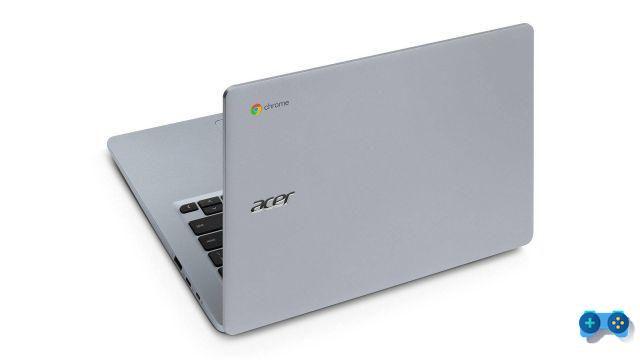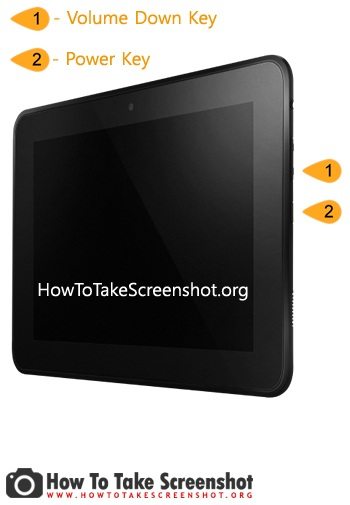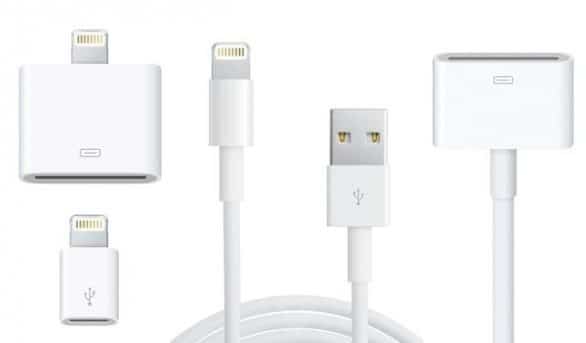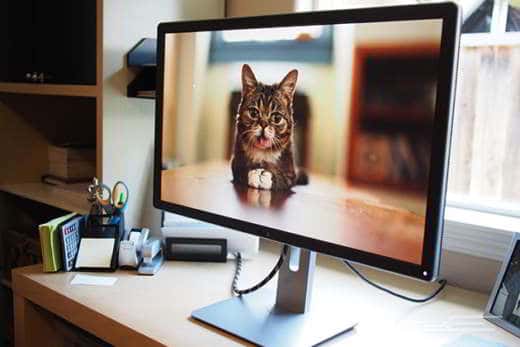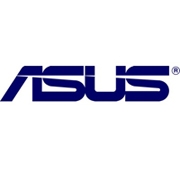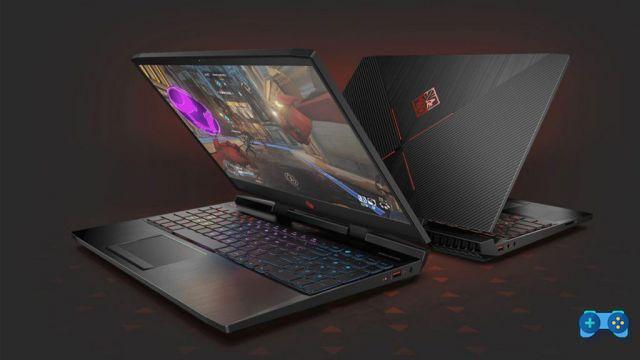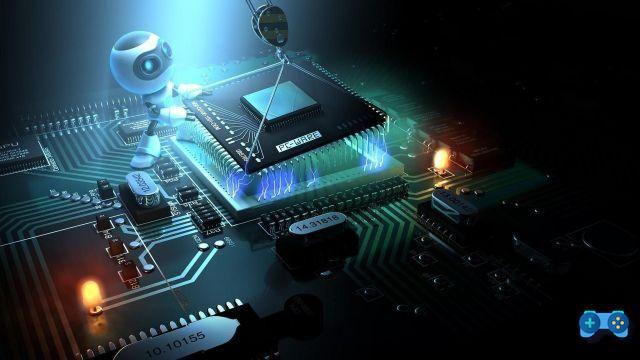
Gaming, video editing, Internet browsing or smart working? Every year many people are looking for a new PC, because today this tool can be considered essential in many aspects of our life. On the other hand, since they are technological devices and with a considerable cost, it is always the case to move starting from a knowledge of the various components, and of the aspects to be taken into consideration. And here are some tips, starting with the most obvious: the price.
- Computer price: it all depends on the budget available and on your intended use, given that on the market there are cheap mini PCs from just € 200 up to well over € 2000 if you choose a gaming PC. And if you do not have a sum up to it, you can opt for an ad hoc loan, for example on the Younited Credit website you can obtain a microloan and thus fill the gaps, at advantageous rates.
- Processor and Core: The processor is one of the most important components of a PC, as the performance of a computer largely depends on it. Simplifying in an exceptional way, the heart of each CPU is represented by functionally complete processing cores, called “cores”, which have the task of executing mathematical instructions. The clock speed expressed in hertz (3.0ghz, 4.0ghz etc.) tells us how many clocks are made in a second, while the value of IPC how many instructions per clock cycle can be executed. The higher these two values, the faster our core will be. However, at a certain point, increasing the clock speed to increase the number of completed instructions (IPC) becomes not only expensive from an energy point of view, but also useless in terms of performance. By adding more cores, it is possible to divide these instructions on several calculation units and consequently speed up the operation of the application. However, more cores does not always mean that one CPU is faster than another, since to take advantage of a greater number of cores it is necessary that the application has also been designed to divide the operations on more cores. Professional applications such as video editing for example are able to scale very well on multicore CPUs, while games prefer fewer cores but with higher clock rates. Traditionally, Intel CPUs are faster in single core performance, thanks to higher clocks, while AMD CPUs are more effective in multicore applications thanks to a higher number of cores.
- RAM: the random access memory is essential for the speed of the PC. Computers with a low amount of RAM, in fact, tend to suffer slowdowns when using multiple complex applications together, causing them to crash as well. The RAM in fact serves to temporarily store (until the PC is turned off or saturated) all the information that the CPU needs both when it needs it and in the immediate future, so as not to have to request it from time to time. SSD disk or worse to the mechanical HDD disk. The larger the RAM, therefore, the more space the processor will have to store the information it needs. Better to opt for a quantity of ram of at least 16GB and for PCs with expandable memory.
- Video Card: another crucial component for buying a good PC, especially if you intend to use the PC for gaming. The video card in fact determines a significant part of the computer's performance, this time acting on the graphics. Here, too, there are different price ranges, and usually for non-gaming use a mid-range GPU such as the Nvidia GeForce GTX 1650 is enough.
- SSD disk: unlike RAM memory (also called volatile memory, as it is destined to cancel itself when the PC is turned off), the hard disk retains all the information stored in your PC. There are two types, mechanical (HDD) and solid state (SSD), the former have the advantage of being very capacious, in relation to the price, but they are also much slower than the solid state counterpart, while SSDs are generally much less capacious but much faster. If you can always choose a PC with SSD where to install the operating system and the most used programs that need the greatest reactivity. If you need more space, you can always install a HDD to store less used documents and programs.
- Extra equipment: many PC models of the latest generation already integrate some features such as DVD / Blu-Ray player and burner, while others require the purchase of these peripherals separately. It is clear that their purchase depends on the real needs of the user, since they involve an extra expense and are not always necessary. Optical discs are almost disappearing today, so only consider buying them if you're really interested.
- Purpose of use: of course we have to consider for which activity we buy a PC. If we intend to use it on the move, the choice will have to fall on a thin laptop like the Ultra-books, while for gaming we will need a powerful PC, with a latest generation processor and video card. If you only use it to surf the Internet, however, a mid-range or low-end computer may be enough.





